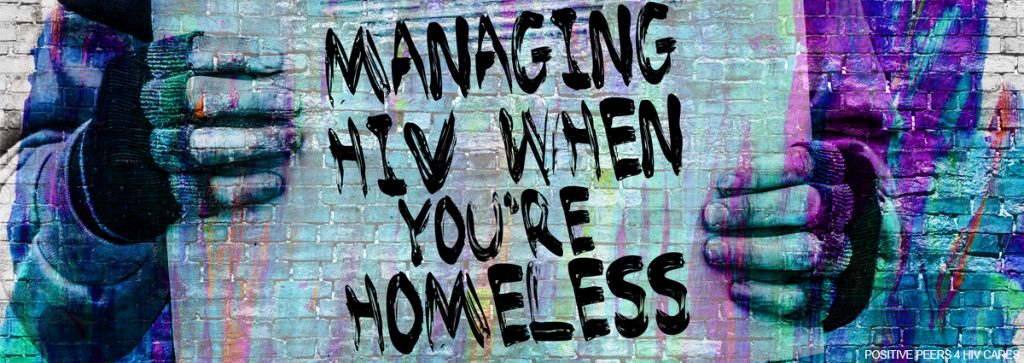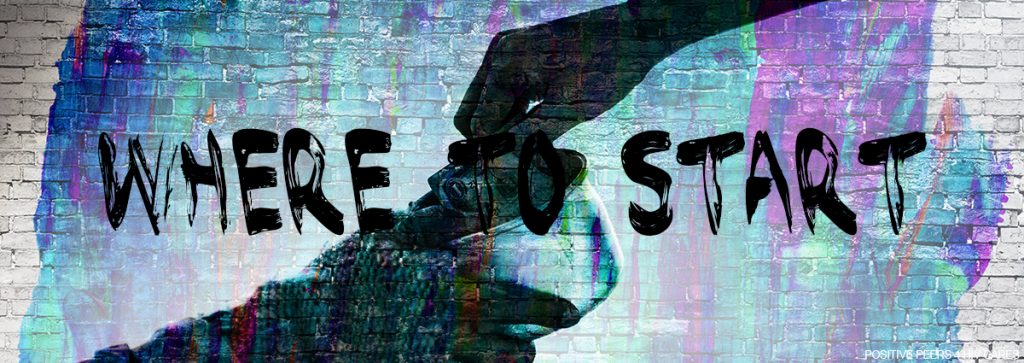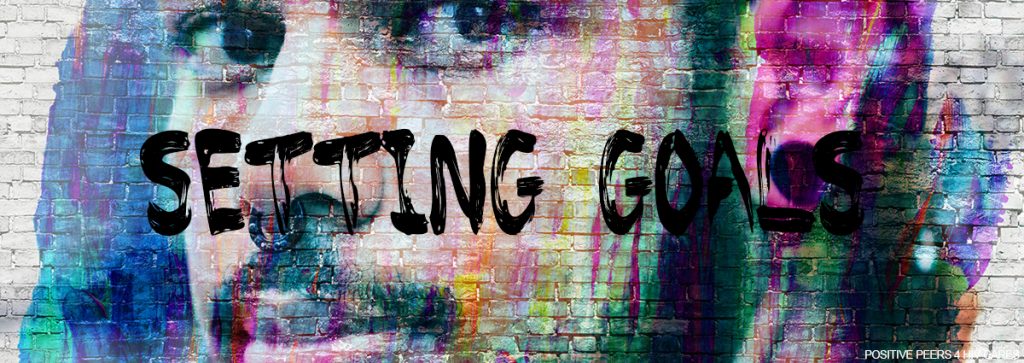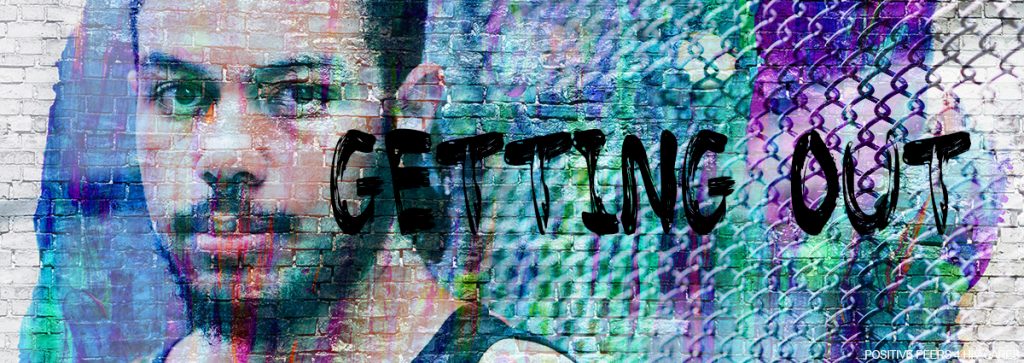
By: Jennifer McMillen Smith, LISW-S, HIV Social Worker at MetroHealth Medical Center and medically reviewed by Ann K. Avery, MD, Infectious Disease Physician at MetroHealth Medical Center
HIV can feel overwhelming enough sometimes even when you’ve got all the right support systems and stable living environment to back you up. So when you’re homeless, HIV can be more challenging to manage. But it’s not impossible.
People who find themselves homeless have a 16-times greater risk of contracting HIV than people who have stable living conditions. Some of the reasons why may be a lack of access to healthcare and information and resources to protect themselves from the illness. But the biggest one is probably the fact that every day can be a struggle to survive and that’s a lot for anyone to deal with.
For people who are homeless and living with HIV, staying healthy is a challenge. Taking your HIV medication every day is an important step in surviving these challenging times, but it’s also the beginning your journey back to thriving. We get it, it’s easier said than done, but we believe in you and know you can do it. Here are some tips to help you out.

Where to start if you’re homeless and living with HIV
For starters, give yourself a little pat on the back for getting this far. You’re tough — you got this.
And there’s help out there for you:
- Social workers and doctors for HIV treatment.
- Housing programs specifically for people with HIV.
- Free cellphone programs so you can communicate with the rest of the world.
Help is only available if you ask for it. That can be tough if you’re used to doing things on your own, but there’s no shame in getting help. And normally, that’s the hardest part, so once you take that first step, things can get a little bit easier.
Come join our private, stigma-free, supportive community.
Health management tools with medication & appointment reminders.
Social networking in a community conversation & private chats.
Handling the biggest challenges
When you don’t have a stable place to stay, there are a few things that can help you get things under control:
- Getting a caseworker. The clinic that tested you for HIV can usually set you up with a social worker or case manager to guide you along your way.
- Storing your medications. Carrying a 30-day supply of HIV meds around with you everywhere you go may be a risky idea. Talk to your social worker about storage options, so maybe you only carry a week’s worth of meds at a time and store the bottles somewhere safe. A friend or family member may also help.
- Scheduling your meals. Meds usually need to be taken at the same time every day. So, if you take your meds at mealtime (as long as the bottle doesn’t specifically say to take the medicine on an empty stomach, you can take it with meals), it’s easier to stay on schedule. Churches and other places that offer free meals usually have a set schedule.
- Establish a mailing address. Programs that can help you out — like Medicaid — usually require a mailing address. You may be able to use a friend or family member’s home address, or the shelter where you’re staying. If those aren’t an option, ask your caseworker for more ideas.
- Sign up for local and federal aid. Medicaid can pay for your HIV meds, but you need to sign up for it in order to get the ball rolling. Note: you need a mailing address to qualify for Medicaid. Here in Cuyahoga County, Job and Family Services can help you access food stamps and other support services as appropriate.
- Get a free phone. The federal SafeLink program provides a free cellphone to people who can’t afford one. It allows a limited amount of call minutes every month, but it should be enough to help you track down resources, keep in touch with your counselor, and even find work. You may be able to use the phone to create reminders to take your meds, if the phone has a calendar feature.
- Get mental health or addiction treatment if needed. This is a real crappy situation that no one chooses to be in. If you’re not okay, that’s okay. We encourage you to speak up and ask for help, it’s ready and waiting for you. 😊 If you’re feeling depressed or anxious, or need help with an addiction, we encourage you to talk to your caseworker or doctor about it so they can help you get treatment.
Getting out of the cycle of homelessness
Getting healthy and staying that way is a top priority for people living with HIV. If you’re healthy and feeling well, it’ll be a little easier to find work, make a little money, and find permanent housing.
Federal grants have been created to help people with HIV find safe, affordable permanent housing. Ask your caseworker about local programs for homeless people living with HIV. In Cuyahoga County, Nueva Luz Urban Resource Center and the AIDS Taskforce of Greater Cleveland have HIV-specific housing case managers who are ready to help.

Setting goals
When you get into treatment for HIV and figure out how to stay on your meds, you’re not just making yourself healthy.
You’re also proving to yourself that you can set goals and accomplish them. We encourage you to keep that in mind you are strong and capable.
(More: 5 Goals You Can Set For Yourself This Year)
Being homeless isn’t the end; it’s a chance for a new beginning. Everything you’ve been through has made you stronger and smarter. Making a plan and setting goals will help you get to your feet quickly, access resources needed to support your plan, and find a place to live can be the foundation of a new phase in your life. You got this, and people are here to help.
Related Blogs:



